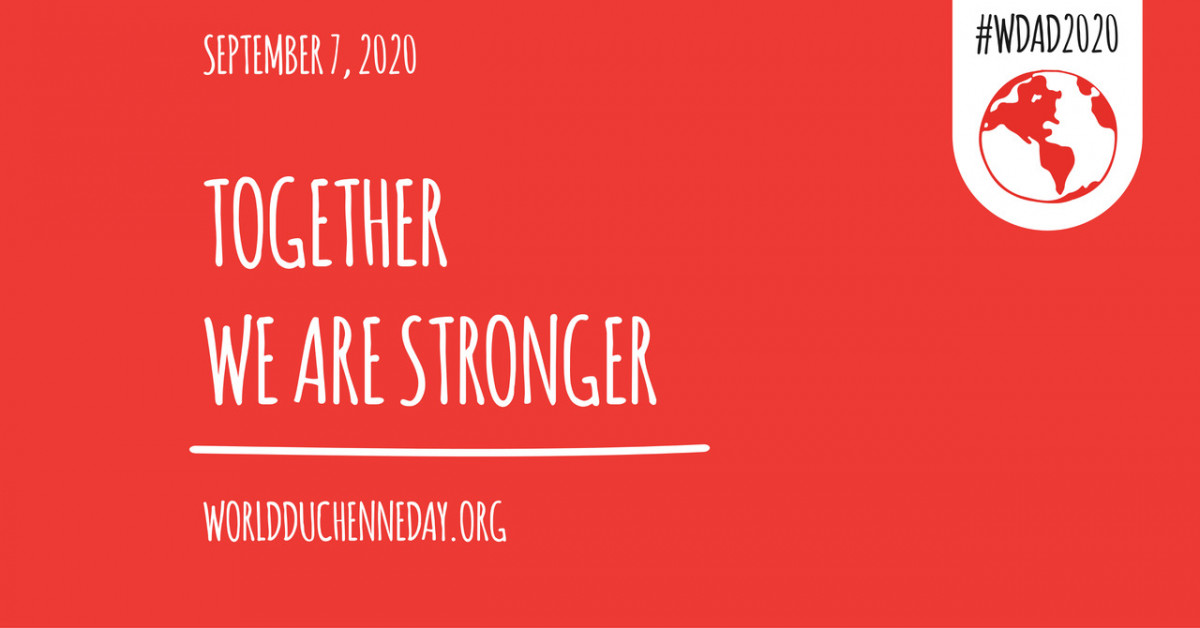
World Duchenne Awareness Day 2020: Duchenne and the brain

Impact of neuromuscular diseases on education and working opportunities of patients and carers
Learning and behavioural challenges in DMD and BMD
Both conditions are characterised by progressive muscle breakdown. A certain part of the DNA is missing, duplicated, or changed so the code cannot be read properly by the body. This leads to the absence of the dystrophin protein. Without dystrophin, muscle cells easily get damaged, leading to a loss of these cells and thereby muscle function. This can also happen in the brain.
The same protein that is missing in the muscle causing muscle breakdown, is also missing in the brain. This can cause problems like learning difficulties and behavioral issues such as attention deficit disorder (ADD, ADHD), obsessive-compulsive disorder (OCD) and autism. For many families, these issues result in more stress and worries in daily life than the physical problems.
This aspect of the disease was already known when Duchenne de Boulogne first described the disease in 1861. In the last decades however, there was more attention to improving the muscle aspect of the rare disease.
This year’s WDAD theme is "Duchenne and the brain". During this edition of World Duchenne Awareness Day, we plea for early screening, appropriate testing, more research and better care on this aspect of the disease. This is absolutely needed to have everyone reach their full potential.
The date 7/9 is chosen because there are 79 exons in the gene affected in DMD and BMD. On this day, patient organisations, families and other stakeholders are organising virtual events, fundraisers or educational conferences to increase awareness and understanding of those life limiting illnesses.
Studying the role of dystrophin in the brain
To better understand learning and behavioural problems due to dystrophin loss in the brain, the World Duchenne Organization is part of the BIND project consortium. This international project funded by the European Commission aims to assess and address those challenges in Duchenne and Becker muscular dystrophy.
How to join WDAD 2020
The World Duchenne Organization is sharing materials for families, researchers, healthcare professionals and organisations. In addition to this, a campaign video will be released on August 24th to raise awareness to the civil society. During this video, the Duchenne and Becker community will show that even though the COVID-19 emergency is making us feel uncertain and scared, we are stronger together.
DMD and Share4Rare
Share4Rare has created a medical book on Duchenne muscular dystrophy addressed to patients, caregivers and families to help them become familiar with the disease. The book includes a general introduction to the pathology, diagnosis, treatments available, standards of care and disease management. You can access this material here.
